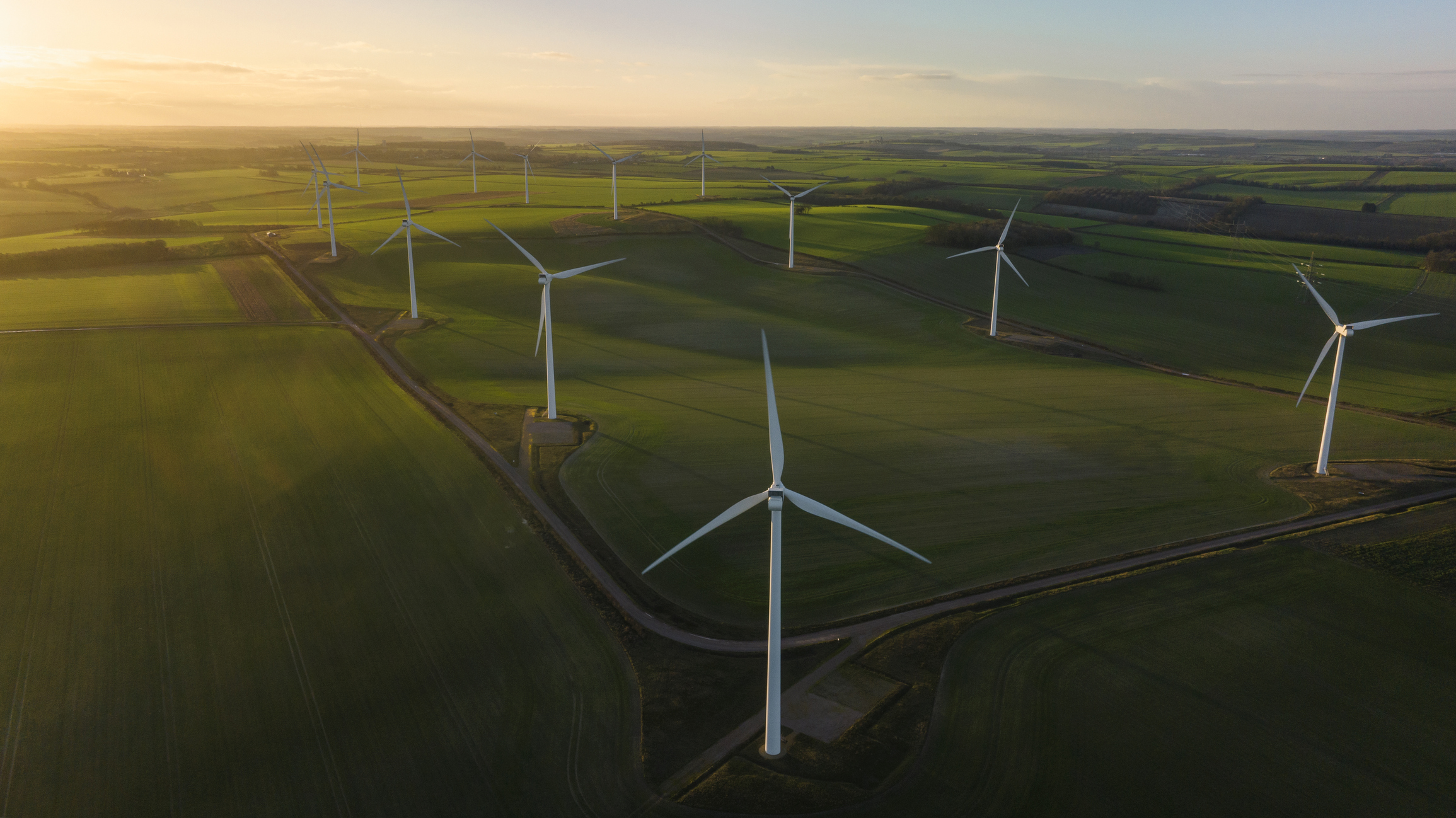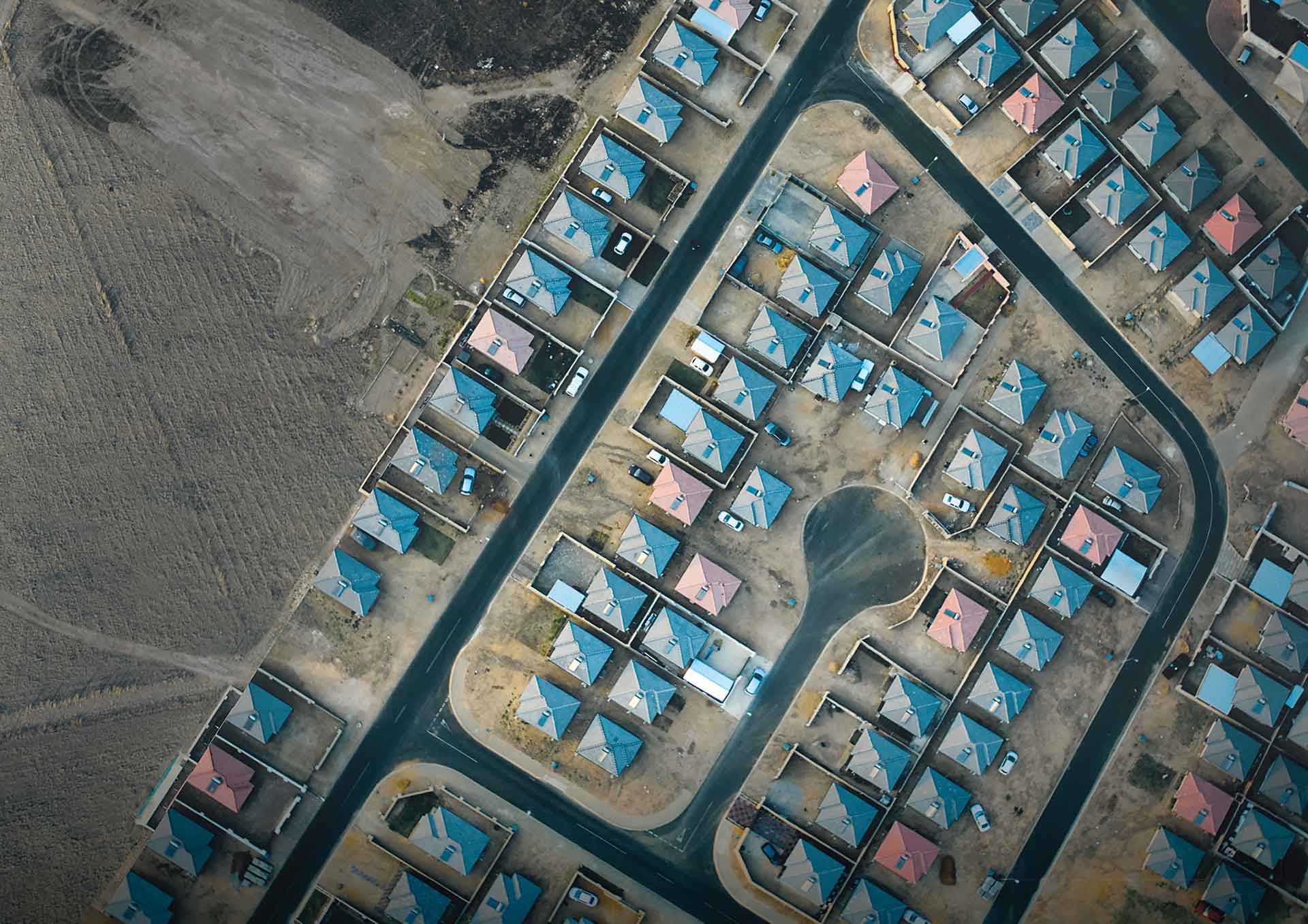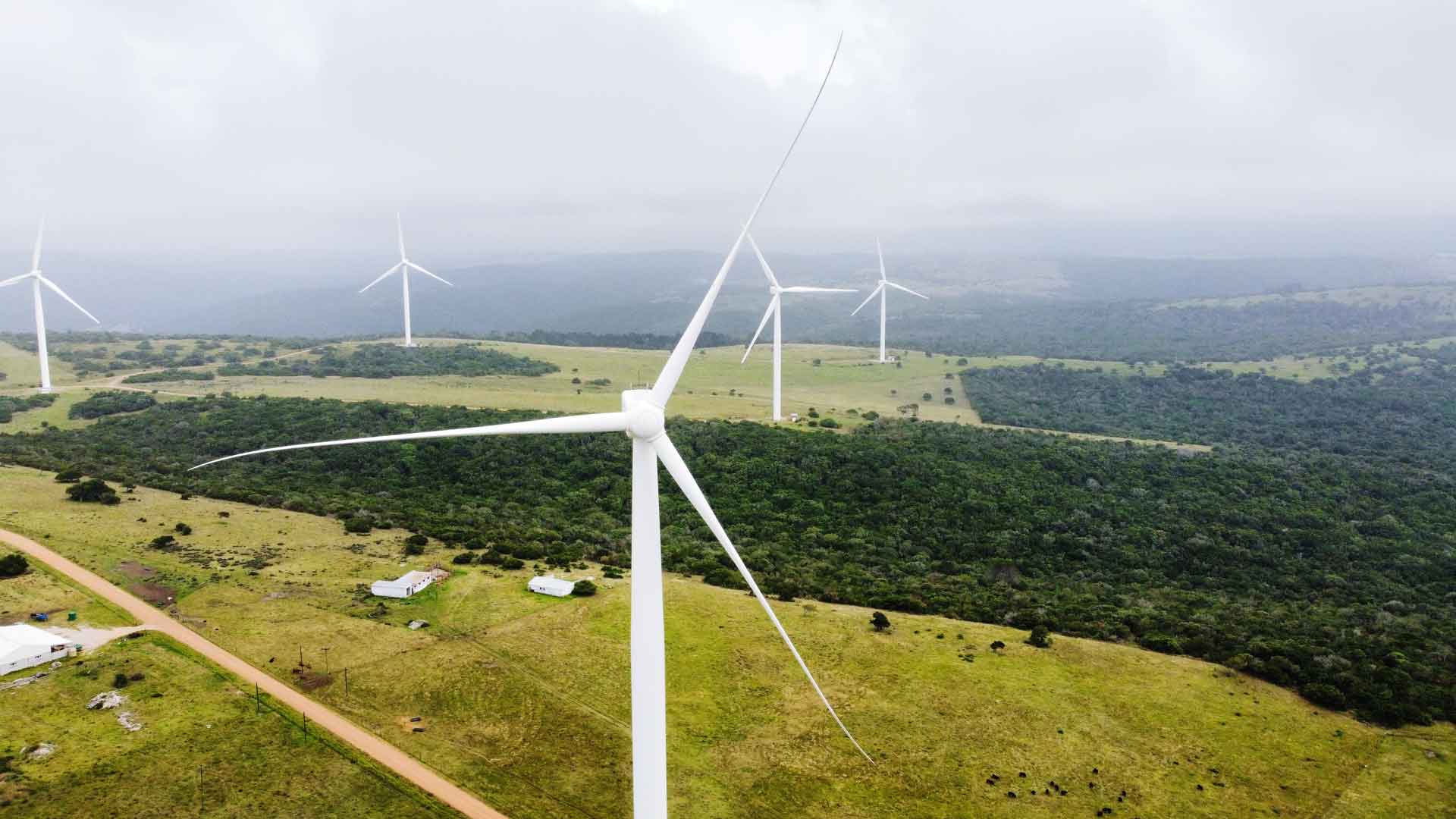
COP28 | 30 November - 12 December 2023
The upcoming Conference of the Parties (COP) 28 at the United Nations Framework Convention on Climate Change (UNFCCC), which will take place from 30 November to 12 December 2023 in Dubai, United Arab Emirates, is stacking up to be a pivotal moment in the world's climate journey.
In line with this critical global event for driving climate action, we recognise the significance of COP 28 for advancing the goals of the Paris Agreement, with a particular focus on finance and adaptation. It is an opportunity for the South African government, business community, and civil society to exhibit their dedication to decarbonisation, address financial gaps, and leverage international support for energy transition. A Just Transition aims to reduce inequality and unemployment by creating an economy that prioritises decarbonisation. Financial institutions like Nedbank play a crucial role in diversifying the economy and bringing about environmental and social change. A Just Transition encompassing all environmental, social and governance (ESG) components is essential for South Africa's sustainable future and addressing the triple challenge of poverty, inequality, and unemployment.
We hope that COP28 will result in more substantial global commitments to reduce greenhouse gas (GHG) emissions, accelerate the transition to clean energy and increase sustainable development finance support, significantly helping developing nations in mitigating the impacts of climate change and for negotiations to emphasise the need for just and equitable solutions as well as foster more significant international partnerships in addressing the climate crisis.
Nedbank's purpose is to use its financial expertise to do good. This purpose guides our strategy, behaviours, and actions, in both the short and longer term, to ensure that we not only help to reduce the systemic risks to the environment in which we operate and to the people we serve, but also deliver material, long-term, positive societal value.
We are dedicated to driving sustainable development. Our goal is for 100% of our lending and investments to be supporting a net-zero economy by 2050. We are working to increase our sustainable development finance to over 20% of our total gross loans and advances by 2025, which will see an additional R150 billion in new lending. Working with and supporting our clients in their transition journeys will be vital to achieving these commitments.
The Nedbank delegates will also highlight the following key messages at COP28:
Including

Nedbank's Energy Policy: An orderly exit from fossil fuels
In April 2021 we became the first bank in Africa to release an energy policy that will see us make an orderly exit from fossil fuels over time while scaling up renewable energy funding. The Energy Policy steers an orderly exit from activities linked to fossil fuel extraction at a rate that aligns with the Paris Agreement provisions and is realistic given the current electricity supply and South Africa’s position. In line with our Energy Policy, we will stop funding new thermal coal mines from 2025 and have committed to zero exposure to all activities related to fossil fuels by 2045.

Nedbank's commitment to supporting clients through the Just Transition
We aim to be the bank that supports clients throughout the Just Transition. We have committed to supporting clients operating in sectors that are particularly vulnerable to the effects of climate change. Our primary objective is to help our clients reduce their carbon footprint while ensuring a fair and equitable transition by financing mitigation and adaptation efforts. We have implemented several key initiatives to promote sustainability through finance solutions, including providing private funding for clean power generation, raising capital through green bonds, and continuing to be a leading funder for renewable energy projects in South Africa.

Nedbank's commitment to sustainable finance and environmental, social, and governance solutions
We believe that banks play a leading role in driving sustainable socioeconomic development for the benefit of all stakeholders by directing capital to where it is needed most. We prioritise sustainable finance and offer innovative ESG and sustainable debt financing solutions. Our product offerings include sustainability-linked and use-of-proceeds green loan structures. We focus on reducing GHG emissions; promoting renewable energy and good water stewardship; investing in small, medium and microenterprises; and enhancing gender diversity through our transactions. We have won industry awards for our innovative approach to sustainable finance across funding vehicles like bonds and loans.
Using financial expertise to address societal challenges: Nedbank's commitment to water development and conservation
We aim to use financial expertise to do good for individuals, families, businesses and society. The good in that purpose represents the group's understanding of, and commitment to, the need for systemic solutions to society's needs and challenges, many of the most pressing of which are being created or worsened by climate change. We are committed to enhancing water security and addressing water scarcity through our financing solutions.
Climate change poses significant risks and opportunities for our industry, and the consequences of climate change create a strong incentive for us to use our financial expertise to do good. We do this by financing the Just Transition's adaptation and mitigation efforts.
We have aligned our commitment to our purpose work, as being a climate steward is integral to The Nedbank Way. We are committed to driving sustainable development and supporting the transition to a net-zero economy, recognising the importance of COP 28 in advancing global climate action. And we are dedicated to using our financial expertise to do good for the environment and society.
We appreciate your continued support and engagement in addressing these critical issues.

The nexus of ESG and affordable housing
In the nexus of economic dynamics, environmental imperatives, and societal demands, affordable housing emerges as a crucial focal point. The gravitation towards ESG in property finance compels us to unpack the role of banks, the public sector, and property developers in navigating this complex terrain.

The Interconnectedness Imperative: Balancing ESG for South Africa’s Just Transition
The upcoming Conference of the Parties (COP) 28 in Dubai is stacking up to be a pivotal moment in the world’s climate journey. Not only will it mark the conclusion of the first global stocktake of the progress that has (or has not) been made towards realising the commitments of the Paris Agreement, but also the host country has made it clear that it intends placing a bright spotlight on critical aspects of adaptation, like food system and agriculture decarbonisation as well as the growing need for significant finance delivery to enable the achievement of meaningful climate outcomes, particularly in developing countries.

H2 go or H2 no? "Embracing Green Hydrogen: Our Key to a Sustainable Future
As the global community confronts the impacts of climate change, the spotlight has shifted towards green hydrogen, a renewable and clean energy source, as a potential solution. However, its expansion and accessibility will be heavily influenced by the development of supportive policies and enabling regulatory frameworks. This leads us to the pressing question that sets the stage for our discussion: Could green hydrogen unlock the path to an emission-free world with the right policies in place?

How the green economy is responding to youth unemployment
The green economy is an innovative ecosystem that is reducing youth unemployment.

Africa's pathway to a climate-resilient economy
As Africa progresses towards a future shaped by climate challenges, its journey represents a balancing act between developmental imperatives and environmental sustainability. The African Union's Agenda 2063 encapsulates this vision, charting a course that not only prospers but does so without leaving anyone behind. However, this noble ambition is paved with opportunities and threats. The threat is immediate and tangible, evident in the chaos caused by erratic weather patterns affecting our ecosystems, agriculture, and food security. It underscores an urgent need for action, calling for robust policy interventions, funding, and multilateral support to avert a looming climate catastrophe that threatens to exacerbate poverty, unemployment, and inequality.